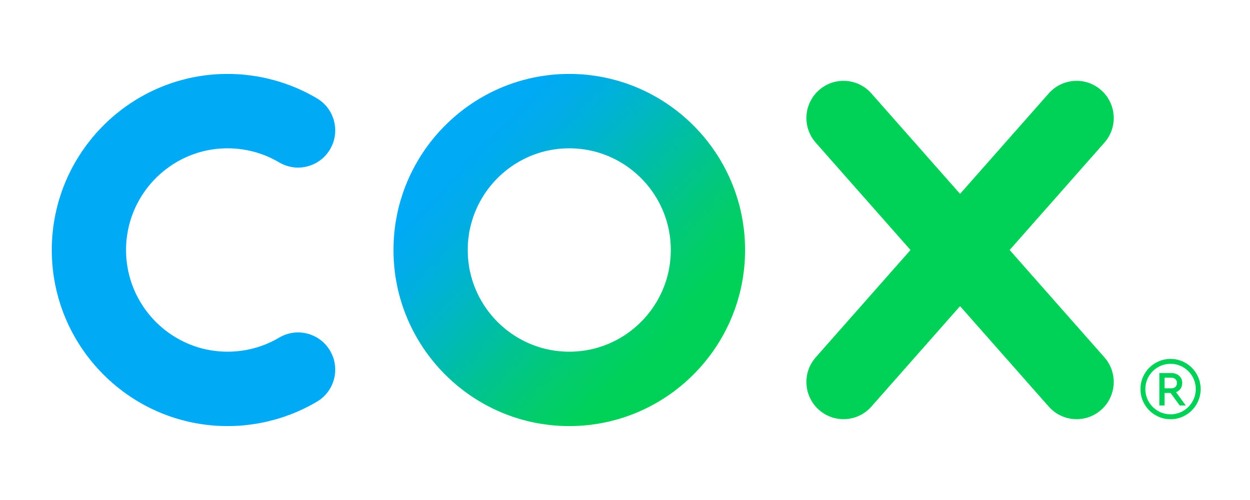This website uses cookies so that we can provide you with the best user experience possible. Cookie information is stored in your browser and performs functions such as recognising you when you return to our website and helping our team to understand which sections of the website you find most interesting and useful.
Business News Digital Labels & Publishers Legal
Cox wants to see evidence in majors v Charter copyright case in ongoing bid to overturn billion dollar judgement
By Chris Cooke | Published on Thursday 30 September 2021

While US internet company Cox Communications continues with its efforts in the Fourth Circuit appeals court to overturn the billion dollar judgement that the major record companies secured against it, the net firm’s lawyers are also now pursuing another tactic that could get said judgement thrown out.
It was originally BMG that sued Cox, of course, successfully arguing that the ISP had a deliberately shoddy system for dealing with repeat copyright infringers among its customer base. Internet companies are obliged to have and enforce decent repeat infringer policies in order to benefit from the copyright safe harbour, which allows those companies to avoid liability when their customers use their networks and servers to infringe copyright.
Without a decent repeat infringer policy, Cox could be held liable for its users’ infringement. And once that had been confirmed, the majors followed BMG’s lead, sued Cox, and won a neat billion dollars in damages in relation to 10,017 specific songs and recordings which the music companies said had been illegally shared by the ISP’s customers.
As noted, Cox is now appealing that ruling. Meanwhile, the majors have filed similar litigation against a number of other American internet firms, including Charter Communications. The latter is relevant to the latest tactic being employed by Cox in its ongoing bid to not have to pay a billion dollars to the record companies.
Even once the copyright safe harbour is taken out of the picture, to hold an ISP liable for its customers’ infringement, you need to be able to prove in court that those customers have indeed illegally distributed songs and/or recordings controlled by whichever record label or music publisher is pursuing the litigation.
In the Cox case, the labels relied on evidence provided by anti-piracy company MarkMonitor, which had been accessing content being illegally shared by Cox customers, confirming that content was music controlled by the majors, and then issuing takedown notices to the internet company.
As part of that, MarkMonitor and the majors had a hard disk full of the music files that had been downloaded during that process.
The lawsuit was focused on music shared and takedown notices issued between 2012 and 2014. During the trial, the Cox side noted that metadata on the drive showed it had been created in 2016. But reps for MarkMonitor said that, while that was true, the files had been originally downloaded between 2012 and 2014, and were stored elsewhere before being copied onto the drive in 2016.
However, Cox says there is reason to believe that the files on the all important hard disk were, in fact, downloaded in 2016. And that’s based on what is now going on in the Charter Communications case, where a similar hard disk of evidence has been presented by MarkMonitor and the majors.
In the Charter case, additional data and information has been provided by the plaintiffs in relation to the files on the hard disk. Similar data and information should also have been provided in its case, Cox now argues, and the fact it wasn’t damages the credibility of the evidence the majors provided in order to prove the ISP’s customers infringed the plaintiffs’ copyrights.
In a new legal filing, Cox states: “Discovery in [the Charter] action has revealed a strong likelihood that plaintiffs in Cox concealed materials and information that would have demonstrated that all the files on the hard drive were downloaded in 2016 – and not as contemporaneous verification of alleged infringement before the notices were sent between 2012 and 2014”.
Noting the extra data and information provided in the Charter case, Cox goes on: “All of this should have been disclosed during discovery in Cox [too] – indeed, it all falls within categories of information plaintiffs either pledged to produce or were specifically ordered to produce by the district court”.
This new legal filing has actually been made to the court where the Charter case is ongoing, because Cox wants access to data and information that has been provided in that case – much of which is not currently available in the public domain – in order to strengthen its claim that the majors concealed important evidence during its legal battle. The hope is that, if it can prove the majors did indeed hide evidence from the court, that could be enough to overturn the billion dollar ruling.
It remains to be seen if this new tactic has any mileage.





